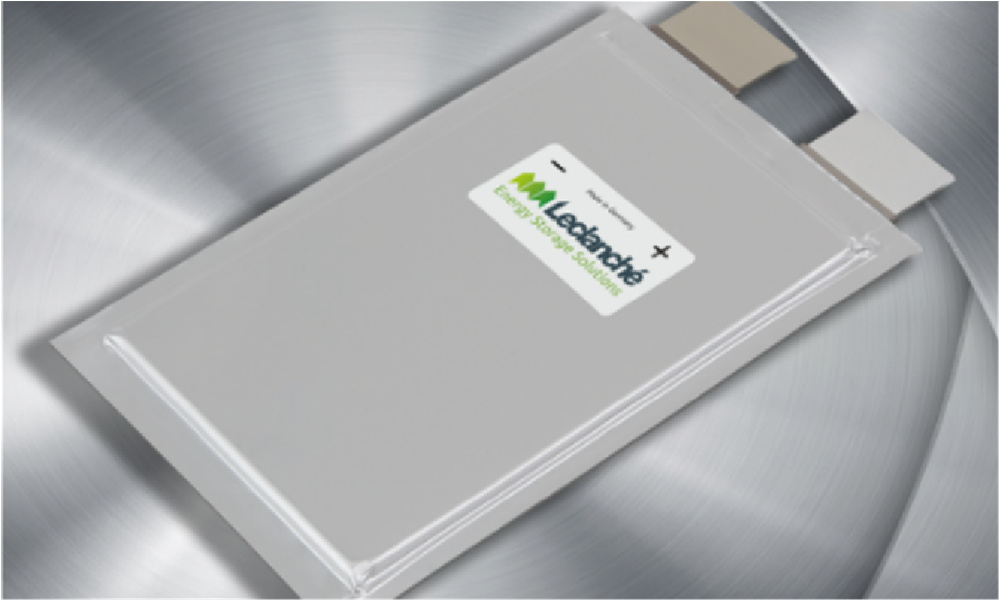A new additive in electrolyte formulation could reduce the risk of thermal events in lithium-ion batteries.
Currently, many companies in the industry are steadily investing in the research and development of solid-state batteries due to their increasing density and safety. For now, however, we still need ways to ensure the safety of existing technologies.
In late July, Switzerland-based Leclanché announced a new battery breakthrough that they claim significantly reduces the risk of thermal events in lithium-ion batteries.
In this article, we describe some of the safety risks in Li-ion batteries, Leclanché’s breakthrough, and potential impacts.
1. Thermal Risk of Lithium Ion
As we all know, lithium-ion batteries, although a revolutionary technology, are not the safest.
Specifically, lithium-ion batteries are often at risk of thermal events such as thermal runaway or combustion. This is due to a number of factors, including the fact that lithium-ion battery structures rely on the use of an electrolytic solution. This solution, usually composed of organic solvents, is the fuel for fires and can easily burn if exposed to sparks from batteries. Often, this is what causes lithium-ion batteries to catch fire, because the battery is punctured, or the separator is damaged.
While there have been many efforts to improve the safety of lithium-ion batteries, most efforts have come at the cost of performance. That said, many of the efforts for safer batteries have come at the cost of reduced performance or reduced battery life — neither of which are suitable for use in the field.
2. Leclanché’s breakthrough
Now Leclanché is trying to change that. In late July, the company announced that they had achieved new breakthroughs in battery safety that would not negatively impact battery performance.
While many of the technical details have yet to be released, what we do know is that the breakthrough involves the introduction of flame retardant additives into the battery electrolyte formulation. By adding this special additive to their electrolyte formulation, Leclanché claims they were able to reduce the battery’s risk of thermal events by 80 percent. Just as importantly, the company claims that these safety improvements won’t result in a loss of performance or battery life.
To validate this achievement, Intertek Germany, a German branch of multinational production, testing, and certification, validated Leclanché’s new technology. The validation work included needle prick testing of a 60Ah battery equipped with Leclanché’s new chemistry. During these tests, Intertek forced an internal short in an attempt to cause the battery to burn. Surprisingly, it was found through testing that the newly formulated batteries were less flammable than conventional batteries.
3. Potential impact
According to Leclanché, their new breakthrough could be very significant.
By reducing the risk of burning by nearly 80 percent, Leclanché has found ways to effectively improve battery safety, making battery-powered devices safer for users. Specifically, Leclanché expects their breakthrough to play a major role in applications such as long-distance travel, where operators of public transport, trucks and trains are often concerned about fire risks.
Additionally, this technology could have major implications for standard electric vehicles, where crash-related fires have been an urgent and challenging issue for first responders. It is possible to save lives by designing batteries that are less likely to burn.
According to Leclanché, the non-flammable batteries will begin production in the first quarter of 2023.

